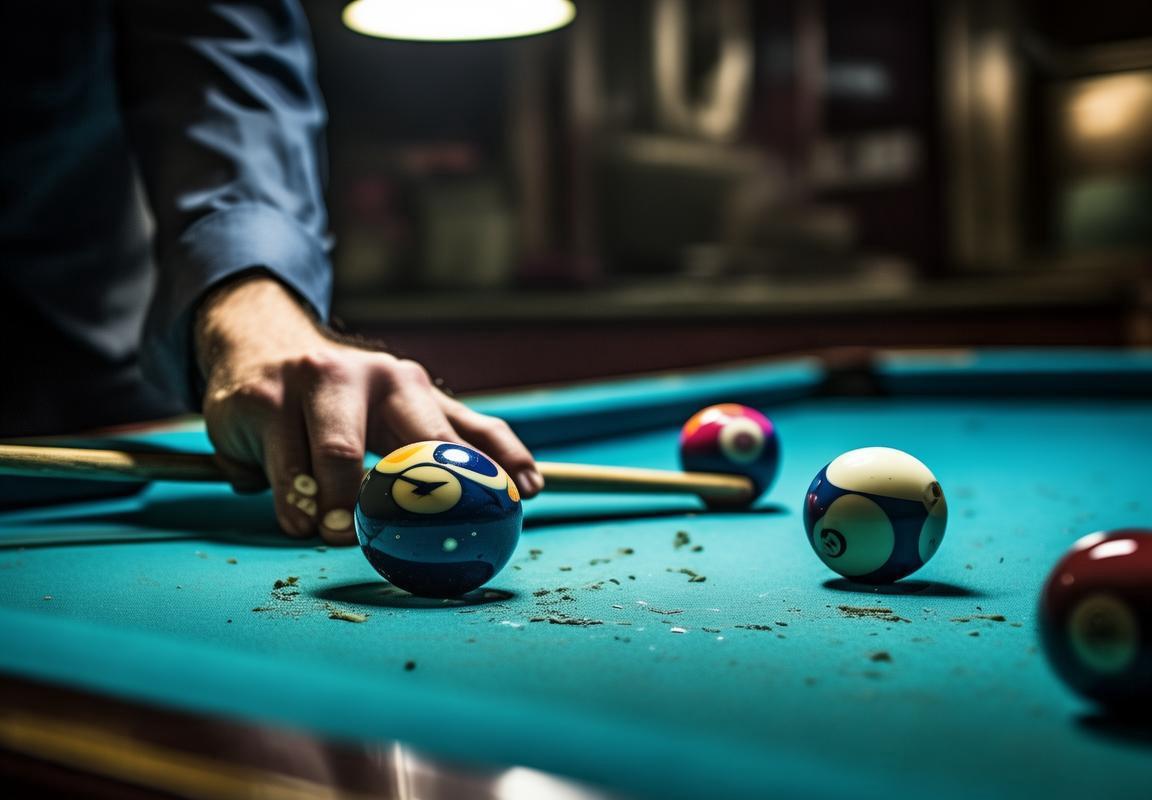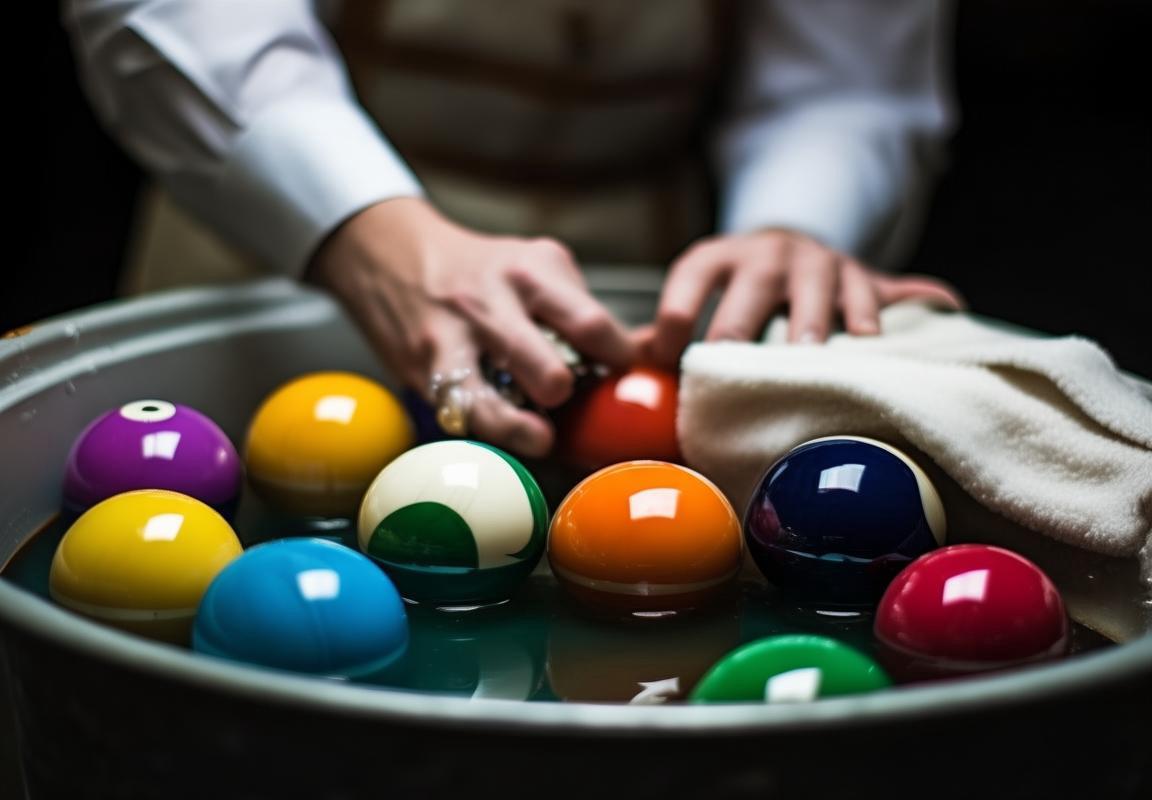How to Clean Pool Balls: The Ultimate Guide to Fixing Dirty Pool Balls & Proper Pool Ball Maintenance
Dirty pool balls sabotage your game by introducing friction, unpredictable deflections, and skid marks on the felt. Cleaning pool balls correctly isn’t just about aesthetics—it’s physics. Grime (chalk, skin oils, spilled drinks) alters weight distribution, turning precise shots into wobbly misfires. To clean pool table balls effectively, ditch ammonia-based cleaners like Windex (they degrade resin) and abrasive paper towels (they cause micro-scratches). Instead, use 70% isopropyl alcohol and microfiber cloths for streak-free wiping. The cue ball demands extra care—test its cleanliness by rolling it on a white napkin; gray streaks mean it’s contaminating the entire set. For tournament-level polish, Aramith Restorer is the gold standard. Pool ball maintenance also involves storage: avoid sealed bags (traps moisture) and direct sunlight (causes yellowing). Whether you’re a bar player or a home enthusiast, adopt a routine—wipe the cue ball after each game, deep-clean weekly, and replace balls if they’re cracked or pitted. Your reputation (and win rate) depends on it.


